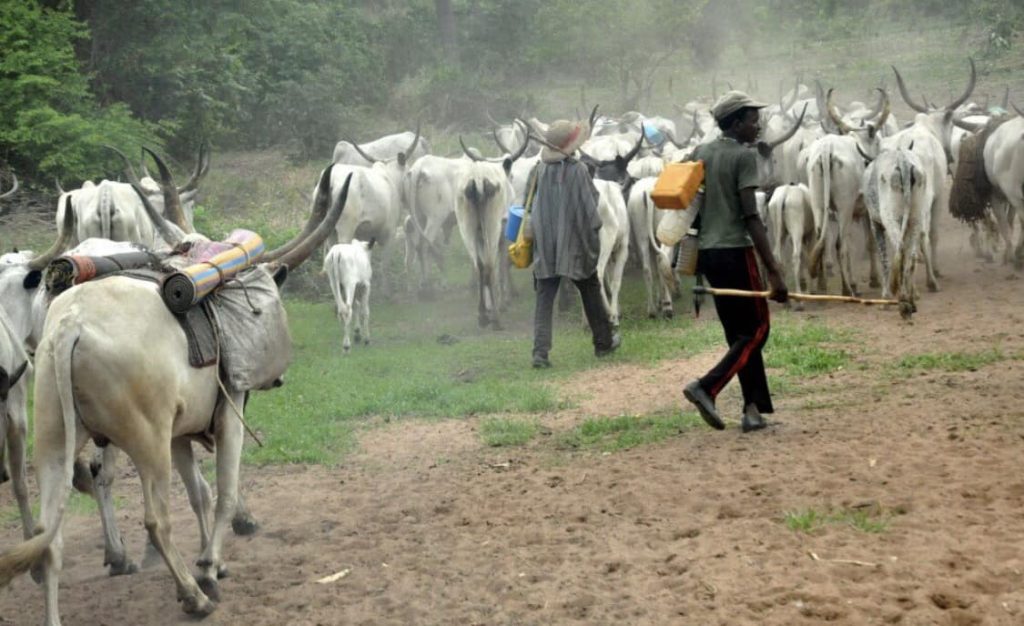The Miyetti Allah Cattle Breeders Association (MACBAN) calls for an updated livestock census. Outdated data hinders effective management. Aliyu Gotomo, MACBAN’s secretary, emphasized the importance of accurate data for sustainable farming and reserve management.
Why Accurate Data Matters
Gotomo explained that accurate data is necessary for proper reserve management. He said overgrazing occurs without precise data. Proper livestock data prevents environmental damage. Pastoralist populations must be identified for effective resource management.
Inconsistent Data Collection in Nigeria
Nigeria’s livestock data collection has been inconsistent. The country participated in agriculture censuses in the 1970s, 1980s, and 1990s. However, a 2003/2004 census was abandoned due to lack of funds. The NASC started again in 2006. The most recent data in 2017 listed 19.8 million cattle and 44.8 million sheep. Another report estimated 18.4 million cattle and 43.4 million sheep.
In 2022, the data collection approach changed. Instead of counting livestock, they surveyed agricultural households. They found 48% of households involved in livestock farming, with 16% rearing cattle. However, the survey covered only 767 of 774 local government areas due to security issues.
Outdated Data Hurts Policymaking
Gotomo criticized relying on outdated data for decision-making. “The last census is outdated,” he stated. Forecasting is used but lacks accuracy. He stressed the need for infrastructure, including watering points and veterinary services. Without these, managing grazing reserves is impossible.
Digital Mapping of Grazing Reserves
The need for an updated census ties into calls for digital mapping. Gotomo supported digitalization, noting it would improve access. “What is there? Who is managing it?” he asked. Digital mapping will help reduce encroachment and improve resource management.
Government’s Role in Livestock Development
Muhammadu Abubakar, president of the Commercial Dairy Ranchers Association, stressed the need for government support. He praised the minister’s background in animal husbandry. However, he raised concerns about the budget. N70 billion per reserve might not suffice for infrastructure.
Reducing Farmer-Herder Conflicts
Tunde Banjoko, chairman of the LCCI Agriculture Group, suggested feeding and fodder production along grazing routes. This would prevent cattle from damaging crops. Banjoko believes this would reduce conflicts and improve grazing reserve management.












